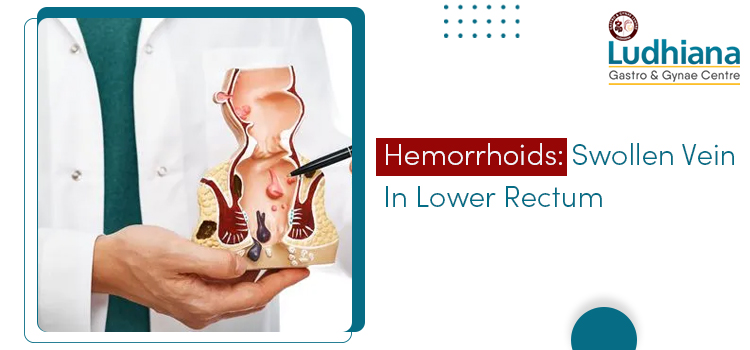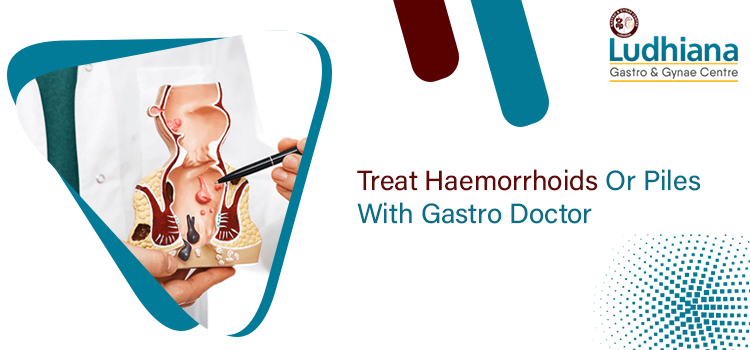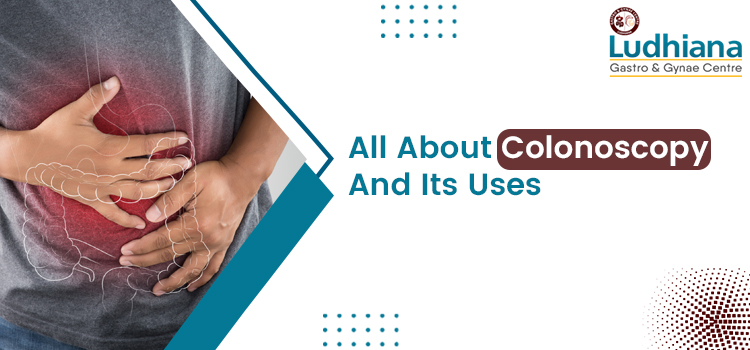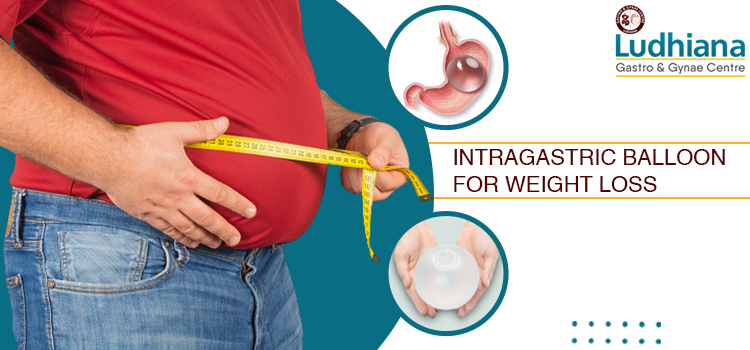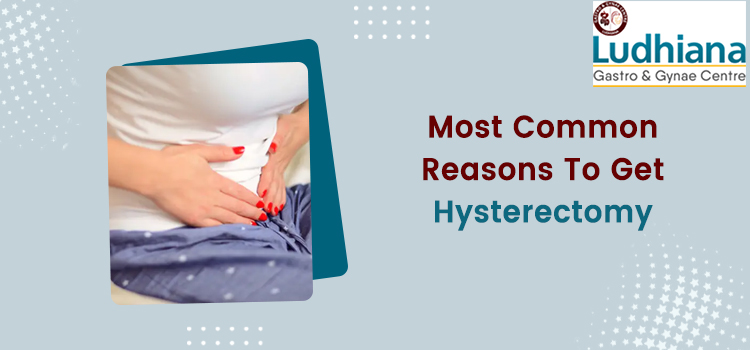Hemorrhoids (Piles) Treatment Punjab
Hemorrhoids mean swelling and inflammation of the vein in the rectum that leads to bleeding and discomfort. In medical terms, it’s also called vascular cushions that surround the anus.
Types of Hemorrhoids
- Internal hemorrhoids: Covered by mucosa, present inside the anus
- External hemorrhoids: Covered by skin, present outside the anus
The type of treatment given by your Gastrologist in Punjab will depend upon the type of hemorrhoids you have. So that is why a proper understanding of your condition is essential to determine the most reliable solution.
Different grades of Hemorrhoids
The hemorrhoids are divided into five grades, and these are mentioned below:
- Grade 1
The hemorrhoids happen due to cushion problems like bleeding or protruding. The bowel movement causes excess pressure and inflammation. There’s a problem of swelling and bleeding in the stool.
- Grade 2
The cushions can expand quickly when you push the stool. Sometimes, it might pop inside the anus. However, when you don’t push, it can get sucked back in, and medically it’s called spontaneously reducing.
- Grade 3
With time, the cushions can stay outside the body once you stop. In such a case, you should wear gloved fingers and push back the anus. Medically, it’s called manually reducing, and your healthcare provider does it.
- Grade 4
In case of an advanced problem, pushing won’t help, and it keeps coming back outside. Internal hemorrhoids that protrude or bleed won’t cause burning or sharp pain. Such pain occurs due to anal fissures.
External hemorrhoids have problems due to a small blood clot leading to a knot or little ball outside the anus. Sometimes, these dissolve within 3 to 4 days, and the pain disappears.
How to prevent and treat hemorrhoids?
The medical expert suggested Hemorrhoids Surgery in Ludhiana when the condition worsens, and the grade is higher. Surgery is the only way to address the concern and improve your overall well-being.
In case the condition is at the initial stage, and you are looking for non-surgical methods, then the gastro doctor will suggest you:
- Increase fiber intake
- Drink enough water
- Don’t have food that causes constipation like white bread, processed grains, red meat, white rice, bananas, and alcoholic beverages.
- Do not strain or push too much during bowel movements.
- If bowel movement does not happen even after sitting for a long time, then better try again later.
Do you notice bleeding in bowel movements?
Well! It’s one of the emergency signs that you need to consult a medical expert. If you have these symptoms, consult the experienced gastro doctor at Ludhiana Gastro & Gynae Centre to analyze effectively what’s wrong with your condition and how to manage everything. Please be free to ask any doubt that comes to your mind and make the further decision.

